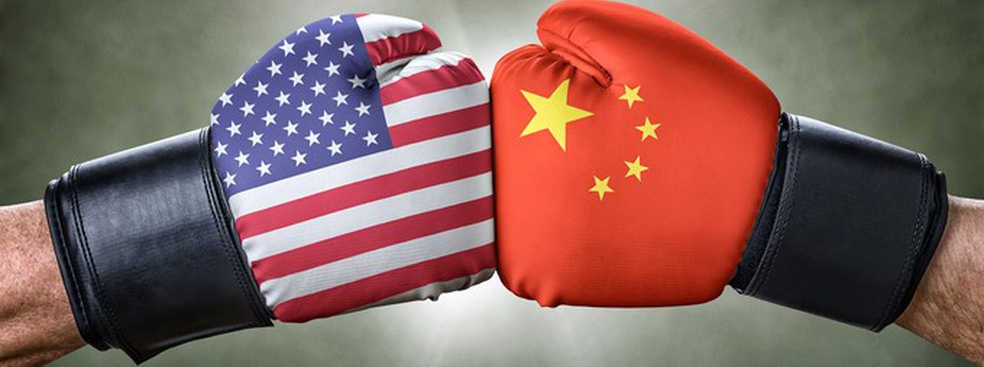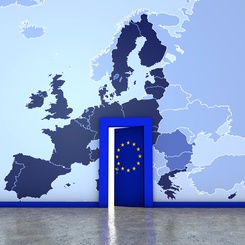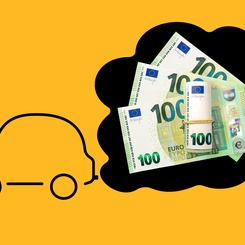We may very well be experiencing the very first days of a global trade war. The first shots were fired when Trump administration imposed tariffs on steel and aluminum imports to the United States. This month, the American government announced a much longer list of products that they will consider for new tariffs. With this list, it became obvious that the main target of these tariffs is China.
The justification for these new tariffs is simple. The US has a large trade deficit: the value of the goods imported into the country is much higher than the value of the goods that they export. Imposing tariffs on imports would reduce the quantity imported and improve the American trade balance.
Those of us who have studied international economics / finance may feel that reducing trade deficits by means of trade barriers such as tariffs – or quotas or harder-to-detect subsidies – may bring more harm than good for an economy. But let’s leave this concern aside for now and take Trump administration’s claim at its face value. Let’s say that the American priority is indeed reducing the trade deficit. Would starting a trade war help to achieve this objective?
In a trade war, as in any other war, you cannot just decide on your strategy and expect your rival to stand there and watch you do your thing. Yes, the American government may put tariffs on Chinese products such as steel and aluminum. But the Chinese government can also reciprocate by its own tariffs on American products, such as cars and airplanes. In fact, this is not just a hypothetical scenario in the present context. Merely one day after the Americans made public their list of goods to be considered for tariffs, the Chinese came up with their own list.
It is interesting to notice that, given the peculiarities of the American democratic system, the Chinese may in fact be more effective in their punitive actions. Their tariffs may target products originating from the so-called swing states, which essentially determine the outcome of presidential elections in the US: such as Harley Davidson motorcycles, which are manufactured in Wisconsin and Pennsylvania.
Considering that the Chinese are committed to respond to the American tariffs with imposing their own tariffs, we do not have much reason to believe that this trade war is going to improve the US trade balance. American tariffs will reduce the imports to the US, but the Chinese tariffs will reduce the exports from the US. At the end of the day, we may very well end up with the same trade deficit for the US as before. But, like many other forms of tax, the import tariffs are certain to have their distortionary effects, moving the economy further away from efficient production and allocation decisions.
This brings us to the conclusion that both the US and China (and any other country involved) would have been better off without all these additional tariffs. This is the connection that I would like to make with the prisoners’ dilemma, or with game theory and strategic thinking to be more general. The potential trade war that we are facing today is an example to a situation where all economic agents are choosing the best decisions from their own perspectives: Both the US and China are imposing higher tariffs because the former wants to reduce its trade deficit and the latter wants to enlarge its trade surplus. Yet, they both end up with an outcome that they do not like at all: Same trade balance as before with higher distortions in the economy. Or more accurately, they end up with an outcome which can be replaced with something that would be better for both of them, such as the status quo before the start of the trade war.
Is there no way out of this vicious trade circle with higher tariffs? Can’t we imagine a mechanism that would avoid this prisoners’ dilemma? In fact, such a mechanism exists and it has been implemented in reality for many years. The World Trade Organization (WTO) is there to safeguard basic principles of international trade, such as no discrimination, reciprocity, transparency. Moreover, it provides the dispute resolution process in case of a conflict. Let’s hope that the European leaders were capable advocates for the WTO in their recent visits to Washington and they could manage to change Donald Trump’s opinion on how easy it is to win trade wars.









